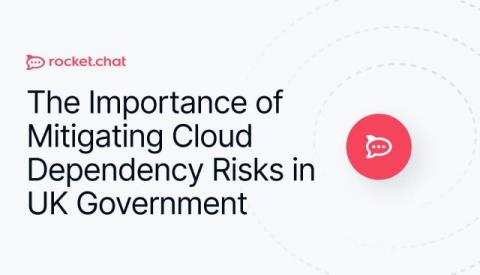Executive dashboards: 10 reporting tips and benefits
An executive dashboard is a customized computer interface that displays your company data in an organized and graphical way. In this guide, we’ll explain what an executive dashboard is and why this reporting tool is beneficial. We’ll also provide tips on how to get maximum value when building your own executive dashboard. Organizations worldwide have used data for decades to solve some of the world’s most pressing problems.










